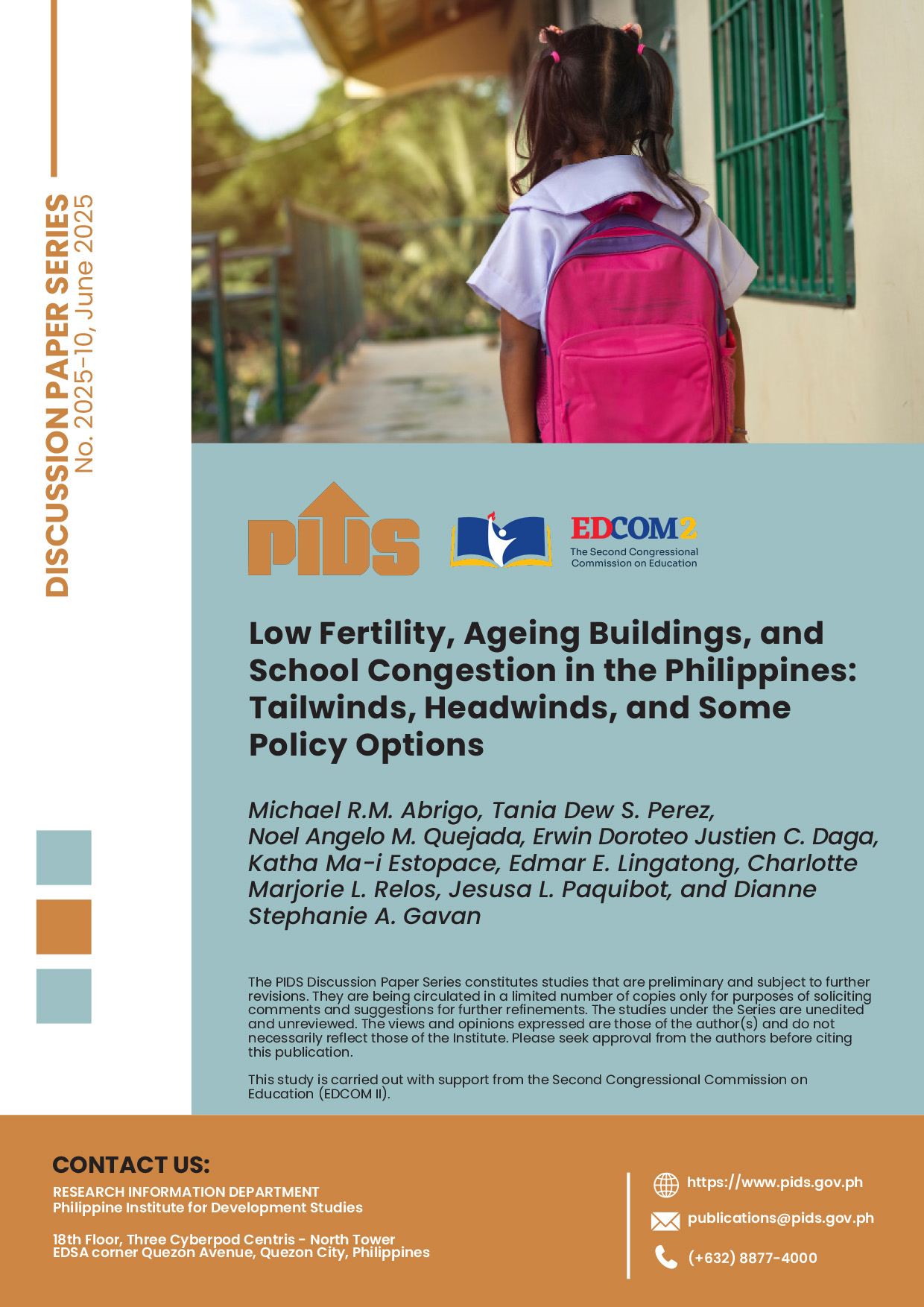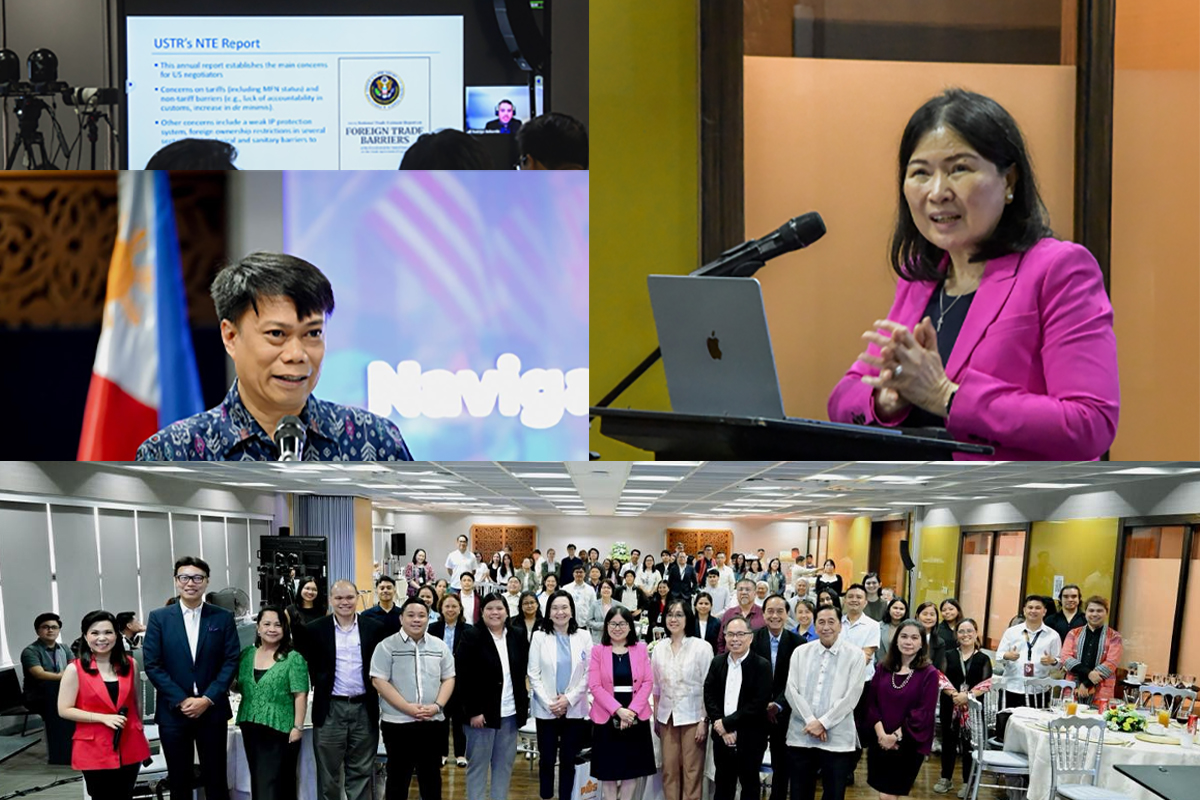MANILA, Philippines — Government’s policy on rice self-sufficiency and not price manipulation is to blame for the rising prices of rice, an economist said Friday.
Roehlano Briones, an economist at the Philippine Institute of Development Studies, said the surging prices are a result of increased local production to meet the country’s rice supply requirements.
"It’s because of the self-sufficiency policy, because you want the rice farmers domestically to be able to supply all of the rice requirements of the country. They can do it, but you have to pay them a much higher price than what is available in the world market,” Briones told ANC.
"You’re going to experience high prices on the consumer side, that is the unfortunate by-product of that policy,” he added.
Briones also said that he does not believe that price manipulation is occurring based on a highly competitive market.
"We conducted a study…We interviewed farmers to retailers, focusing on Metro Manila and nearby sources of rice, and we found that in each stage, the market was highly competitive, there were many choices both on the buyer side and seller side, margins were very minimum…and retailers have lots of options,” he said.
He also said that a 90 to 95 percent rice sufficiency goal for the Philippines is "reasonable” because of the high cost of producing rice in the Philippines, nothing that supply simply cannot catch up with demand.
He cited geography issues in the country, compared to other neighboring rice producers like Thailand and Vietnam, which have "vast well watered areas.”
"We don’t have that kind of endowment of large, watered flat land,” he said.
In a separate interview on ANC, National Food Authority's new administrator Arthur Juan said the Philippines may have to wait until 2016 to achieve its goal of 100 percent rice self-sufficiency.
However, unlike Briones, Juan believes that the increase in rice prices is due in part to price manipulation by some traders.//
Economist blames rice self-sufficiency policy for rising prices












